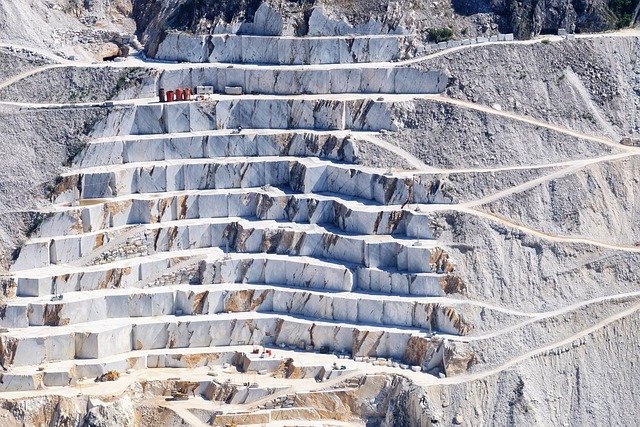Gold Mining Jobs: Roles, Skills, and Career Paths
The gold mining sector includes a wide range of roles across exploration, extraction, processing, and support services. Whether you are considering entry-level field work, technical trades, or office-based roles in geology and resource planning, understanding the typical job types, required skills, and safety considerations helps set realistic expectations. This article describes common positions, how mineral extraction is carried out, the competencies employers look for, ways to launch a career in the sector, and practical tips for finding mining jobs in your area. The information is general guidance, not a list of current job openings.

What roles exist in gold mining?
Gold mining operations employ people in many functions, from hands-on field jobs to specialist professional roles. Typical positions include drillers, equipment operators, heavy machinery mechanics, metallurgists, geologists, environmental specialists, safety officers, and site managers. Processing plants also need operators and laboratory technicians to test concentrate grades. Support roles such as procurement, human resources, and logistics are common, especially at larger projects. Job responsibilities differ by operation size and type (underground versus open pit), and many roles require shift work or rotational rosters that affect lifestyle and compensation.
How does mineral extraction work?
Mineral extraction in gold mining follows distinct stages: exploration, development, extraction, and processing. Exploration uses geological surveys and drilling to find gold-bearing deposits. Development prepares the site with access roads, permitting, and infrastructure. Extraction can be open-pit or underground mining, each using different equipment and methods to remove ore. Processing separates gold from ore via crushing, grinding, and chemical or physical separation (for example gravity separation or cyanidation where permitted). Environmental management and rehabilitation run alongside extraction to limit impacts on land, water, and biodiversity, and regulatory compliance is integral to operations.
What skills do mining jobs require?
Mining jobs demand a mixture of technical, physical, and soft skills. Technical competencies include equipment operation, mechanical repair, geology sampling, metallurgy, and knowledge of extraction techniques relevant to gold deposits. Safety awareness, permit compliance, and emergency response training are essential for most roles. Employers also value problem-solving, teamwork, clear communication, and the ability to work in remote or offshore conditions depending on the site. Many positions require certifications (e.g., heavy vehicle licences, confined-space, first aid) and company-specific safety training; formal education ranges from vocational certificates to university degrees for specialist technical roles.
How to start a career in gold mining
Starting a mining career can follow apprenticeships, vocational training, tertiary study, or entry-level site roles. Trades training in heavy diesel mechanics, electrical work, or welding can lead directly into site maintenance roles. Certificate programs in mining operations or metallurgical technology provide practical foundations for processing or haulage jobs. For geology, engineering, or environmental roles, university qualifications are typically required. Many employers offer graduate or trainee programs that combine on-site experience with mentorship. Keep expectations realistic: initial roles may be physically demanding and located away from urban centers; progression often depends on experience, certifications, and demonstrated safety performance.
Where to find mining jobs in your area
Job search strategies include employer career pages, industry job boards, trade associations, and professional networks focused on minerals and extraction industries. Local services such as employment centres and vocational colleges sometimes list site-specific opportunities or training pathways. Social media groups and specialist recruitment consultancies also post openings; however, this article provides general guidance, not active job listings. Always verify any advertised vacancy directly with the employer and confirm that recruitment communications are legitimate. Pay, roster patterns, and licensing requirements vary by region and employer, so review job descriptions carefully before applying.
Conclusion
Gold mining jobs span a wide spectrum of technical and support roles linked to exploration, extraction, processing, and site services. Understanding how mineral extraction works, the skills employers seek, and the typical career entry routes helps candidates make informed decisions about training and job searches. Remember that opportunities vary by geography, regulatory environment, and commodity cycles; this article offers general information and should not be taken as a current list of available positions or specific employment guarantees.






